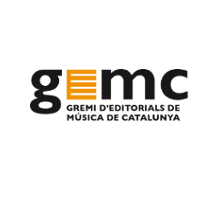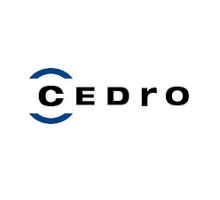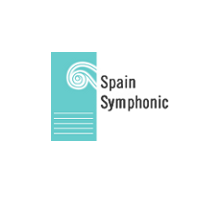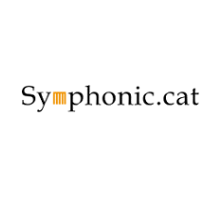Quartet de corda núm. 4
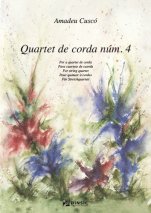
Inside Pages
Author/Composer
Edition Proofreader
Field
Scores Advanced
Scores Intermediate
Collection
Chamber Music Nr. 20
Language
Spanish, Catalan, Music, English
Format
Score
Contents
He spent those years accompanying violinists like Francesc Costa; he was a pioneer with his trio at Radio Barcelona, and the chapel master at Mare de Déu dels Àngels church.
In 1926, he was awarded the National Fine Arts Award in Madrid, the Ministerio de Instrucción Pública award in 1930, and the Ateneo Sevillano award in 1931. It is said that, in Madrid, he went to El Prado museum, forgot to go the Ministry awards ceremony and went back to Barcelona without the prize. Outside Catalonia, he only recieved awards for his symphonic works. Contrarily, he was only przed for his chamber works there. In 1928, he was awarded the Premi Patxot by the Rabell Fundation for his third quartet, and the Felip Pedrell prize in 1933 for his fifth one,
It is generally thought that his friendship with the Quartet Ibèric (Ferran Guerin, Josep Donce - violin - Gracià Tarragó - viola - and Ferran Pérez Prió - violoncello) made him compose the five quartets we now have in the Cuscó Fund at the Orfeó Català Library. Unusual as it was, some dictionaries speak of seven quartets, yet only five survive.
The fourth quartet has four parts, clearly influenced by Beethoven’s op. 59 quartets, which Cuscó probably listened to, played by the Quartet Ibèric.
I would like to specially thank to the Centre de Documentació de l’Orfeó Català and the personel at the Biblioteca de l’Orfeó Català for facilitating my work with the Cuscó fund.
Abili Fort, June 2013
Instrumental and vocal formations
String OrchestraTechnical Specifications
Duration
35'
Measurements
17 x 21 cm, vertical
Binding
Adhesive binding
Number of Pages
147
Number of Pages
55
Number of parts
4
Number of Pages of Parts
92
ISMN
979-0-6910-809-2
Editor
DINSIC Publicacions Musicals
Also collaborating:
Cover Designer
Ludovica Mosca





